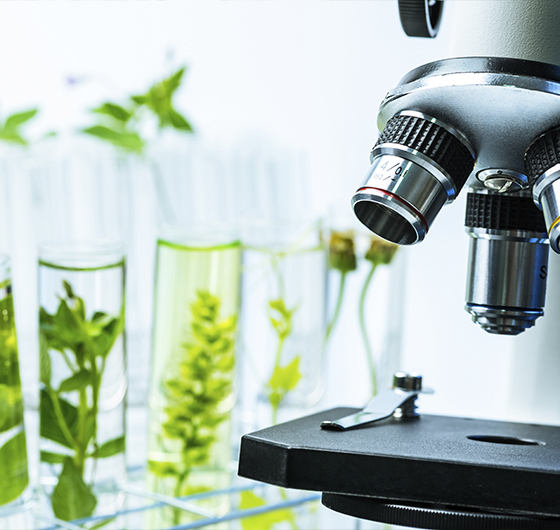Agricultural biotechnology is a range of tools, including traditional breeding techniques, that alter living organisms, or parts of organisms, to make or modify products; improve plants or animals; or develop microorganisms for specific agricultural uses.
How is Agricultural Biotechnology being used?
Biotechnology provides farmers with tools that can make production cheaper and more manageable. For example, some biotechnology crops can be engineered to tolerate specific herbicides, which make weed control simpler and more efficient. In addition to genetically engineered crops, biotechnology has helped make other improvements in agriculture not involving plants. Examples of such advances include making antibiotic production more efficient through microbial fermentation and producing new animal vaccines through genetic engineering for diseases such as foot and mouth disease and rabies.
What are the benefits of Agricultural Biotechnology?
The application of biotechnology in agriculture has resulted in benefits to farmers, producers, and consumers. Agricultural biotechnology has been used to protect crops from devastating diseases.

Will Agricultural Biotechnology have Economic and Social impacts?
A safe and sufficient food supply, grown in an environmentally responsible fashion, is essential for humanity. Like any technology, agricultural biotechnology will have economic and social impacts. Since their introduction, crops improved using biotechnology have been used safely, with benefits such as the reduction of pesticide use. Agricultural biotechnology is only one factor among many influencing the health and welfare of farmers and other citizens in the developing world. As biotechnology continues to evolve, factual and open public discourse is vital to define the role it should play in society.


